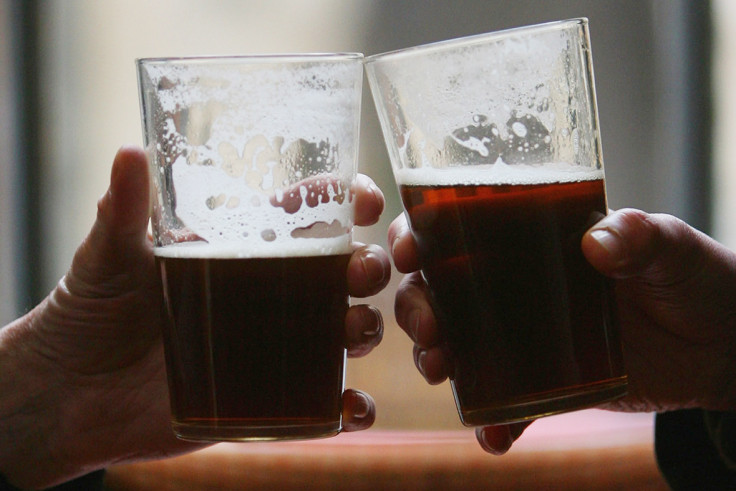Children of binge drinking teens are more at risk of depression and anxiety
Binge drinking has far reaching health consequences and may affect future offspring.

It's not just teenagers' brains that suffer from binge drinking – the brains of their future offspring may also be affected. They may be more vulnerable to a range of conditions, including depression, anxiety and metabolic disorders as a result.
In many countries, alcohol is the most commonly used substance of abuse among teenagers. Although the recent trend has been a reduction in the number of binge drinking episodes among young people, alcohol consumption in this age group is still a significant public health concern.
Studies have shown that binge drinking can have a negative impact on teenage brain development, promoting anxiety and triggering excessive drinking behaviours that can turn into addictions when these adolescents reach adulthood.
The new study, presented at Neuroscience 2016, the annual meeting of the Society for Neuroscience, focuses on longer-term consequences of binge drinking during adolescence. In particular, it looks at whether such drinking behaviours can have repercussions when people decide to have children.
Brain alterations in babies
The research is based on animal models and looks at what happens to rats after they drink alcohol in significant quantities and decide to mate.
Rats were exposed to alcohol in amounts comparable to six binge drinking episodes. Once sober, they mated and the females then stayed sober during their pregnancies. This means observed effects of alcohol on offspring could not be tied to foetal alcohol syndrome. Compared with a group of control rats, the baby rodents that were born exhibited a number of brain alterations.
The scientists identified genes that were switched on in their brains when they should been switched off, and vice-versa. They focused on genes present in the baby rats' hypothalamus, an area of the brain involved in reproduction, response to stress, sleep cycles and food intake.

In total, there were 159 gene changes in the brain of rats who had of binge drinking mothers, 93 gene changes in those with binge drinking fathers and 244 gene changes when both mothers and fathers had engaged in binge drinking. These alterations were associated with a greater risk of developing mental and metabolic health problems.
The scientists have thus shown that there is a molecular pathway in the brain that can be modified as a result of binge drinking – not only in the drinkers but in their future children, too. Since the study has only been conducted on rats, it is not clear whether the findings would be applicable to humans.
Nevertheless, the scientists hope the study would still lead to more rigorous public health policies to curb binge drinking among teens in case similar effects can also occur in humans.
© Copyright IBTimes 2025. All rights reserved.





















